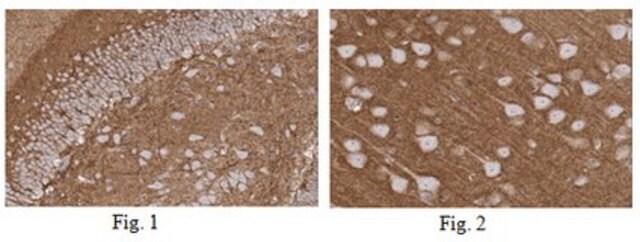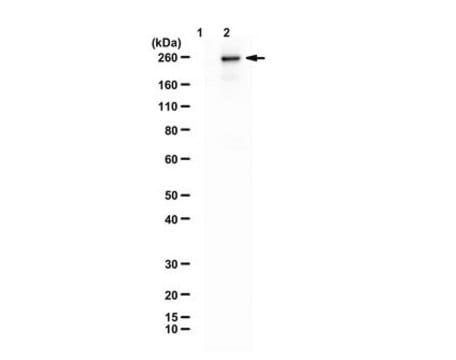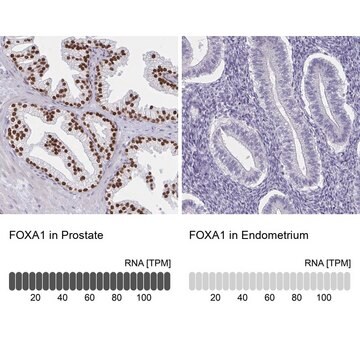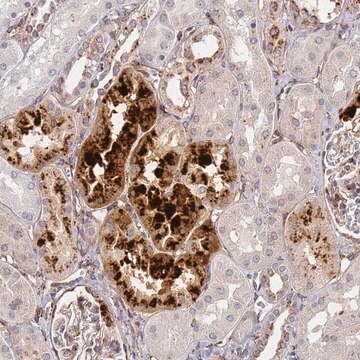SAB1406295
Anti-PRKAR1A antibody produced in mouse
purified immunoglobulin, buffered aqueous solution
Synonym(s):
CAR, CNC, CNC1, DKFZp779L0468, MGC17251, PKR1, PPNAD1, PRKAR1, TSE1
About This Item
Recommended Products
biological source
mouse
conjugate
unconjugated
antibody form
purified immunoglobulin
antibody product type
primary antibodies
clone
polyclonal
form
buffered aqueous solution
mol wt
antigen ~43 kDa
species reactivity
human
technique(s)
western blot: 1 μg/mL
NCBI accession no.
UniProt accession no.
shipped in
dry ice
storage temp.
−20°C
target post-translational modification
unmodified
Gene Information
human ... PRKAR1A(5573)
General description
Immunogen
Sequence
MESGSTAASEEARSLRECELYVQKHNIQALLKDSIVQLCTARPERPMAFLREYFERLEKEEAKQIQNLQKAGTRTDSREDEISPPPPNPVVKGRRRRGAISAEVYTEEDAASYVRKVIPKDYKTMAALAKAIEKNVLFSHLDDNERSDIFDAMFSVSFIAGETVIQQGDEGDNFYVIDQGETDVYVNNEWATSVGEGGSFGELALIYGTPRAATVKAKTNVKLWGIDRDSYRRILMGSTLRKRKMYEEFLSKVSILESLDKWERLTVADALEPVQFEDGQKIVVQGEPGDEFFIILEGSAAVLQRRSENEEFVEVGRLGPSDYFGEIALLMNRPRAATVVARGPLKCVKLDRPRFERVLGPCSDILKRNIQQYNSFVSLSV
Physical form
Not finding the right product?
Try our Product Selector Tool.
Storage Class Code
10 - Combustible liquids
WGK
WGK 1
Flash Point(F)
Not applicable
Flash Point(C)
Not applicable
Certificates of Analysis (COA)
Search for Certificates of Analysis (COA) by entering the products Lot/Batch Number. Lot and Batch Numbers can be found on a product’s label following the words ‘Lot’ or ‘Batch’.
Already Own This Product?
Find documentation for the products that you have recently purchased in the Document Library.
Our team of scientists has experience in all areas of research including Life Science, Material Science, Chemical Synthesis, Chromatography, Analytical and many others.
Contact Technical Service







